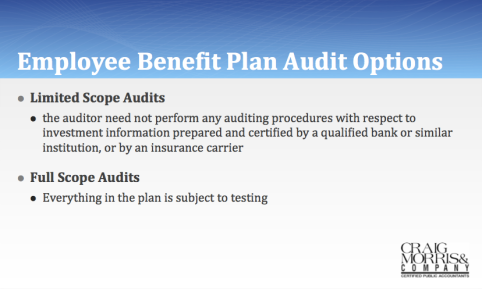
Craig Morris & Company, Certified Public Accountants, is proud to celebrate the beginning of their 35-year anniversary. We’d like to thank all of you for making our success possible. For the past 35 years, our value proposition of customer intimacy has allowed us to focus on delivering exactly what specific customers want. Over the years, we’ve had the opportunity to serve individuals and businesses in many different industries. We’ve worked hard for our clients to plan for tax savings and wealth building through strategic planning and good common sense. We’ve taken a “lifetime” approach to help our clients plan for first home, children, college, retirement, estate and other goals they have.
For our audit, tax and compliance clients, our services provide the management reporting, planning and analysis needed to understand profitability and plan for improvement. In all of our compliance-related services, we look for the ideas that improve operations, save money and generate profits. Whether we’re handling tax matters, financial statement preparation or audits, those are always our goals. Today, we continue to satisfy unique needs, which we recognize through our close relationships and intimate knowledge of the clients we serve.
We work hard to continually provide traditional CPA services but pay strong attention to the special needs unique to the clients and industries we serve. The requirements for these industries can be complex, so we work with our clients to help put compliance and financial matters into terms that are clear and understandable. Our size has allowed us to be versatile, efficient and effective in addressing a wide variety of financial problems, and has given us the ability to serve each client’s unique situation.
So, we’d like to thank you for helping us to achieve the success that has made 35 years of service possible. We look forward to many more years of achievement and we welcome your thoughts and comments on how we can serve you better.
Craig Morris & Company
Certified Public Accountants


